OUR ROOTS
The Founders
On December 4, 1867 in a small Washington, D.C., building that housed the office of William Saunders, Superintendent of Propagating Gardens in the Department of Agriculture, the Order of Patrons of Husbandry, more commonly known as the Grange, was born. Here, sitting around a plain wooden table, a group of seven earnest men, planned what was destined to become a vital force in preserving and expanding American democracy. They were all men of vision-they had faith in God, in their fellow man and the future. The Seven Founders of the Order of the Patrons of Husbandry were:
- Oliver H. Kelley • William Saunders
- Aaron B. Grosh • William M. Ireland
- John R. Thompson • Francis McDowell
- John Trimble
Caroline Hall, was later named an honorary 8th founder of the Grange.
Their names are inscribed on a Birthplace Marker located near the site of the original building on the south side of 4th Street SW, near Madison Street on the mall in Washington DC The marker was officially dedicated on Sept. 9, 1951, and is the only private monument on the mall.
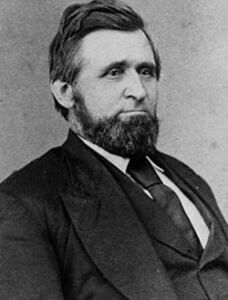
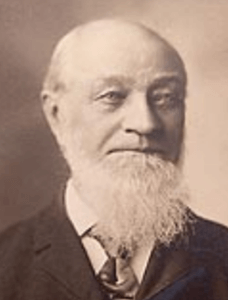
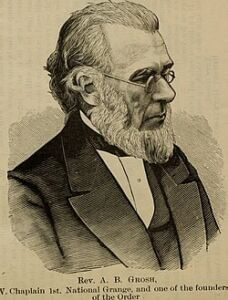
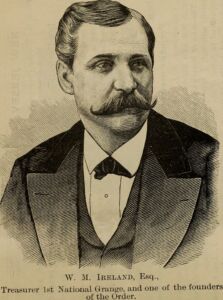
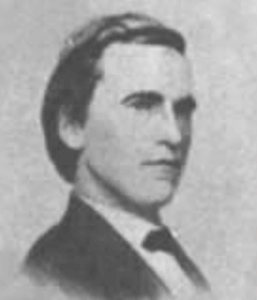
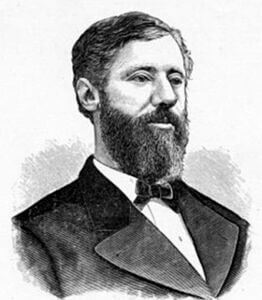
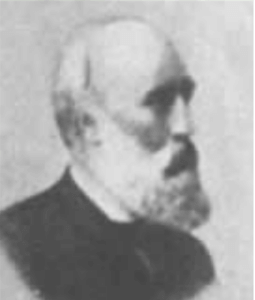
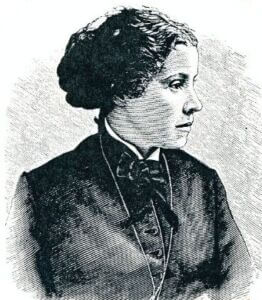
Our Committment to Inclusion
The National Grange unequivocally opposes racism. The voices of Grange members across our country join those who cry out in sorrow for the lives lost to racist actions, for the divisions racism has cleaved between us and for the inequality that racism has spawned across our beloved nation.
Since our founding in 1867, we have lived by our motto, “In essentials, unity; in non-essentials, liberty; in all things, charity.” We have always welcomed and invited people of all races, creeds, religions and nationalities into our membership. We have asked none to join us who cannot see good in their fellow beings, who are willing to put to work their generous hearts and open hands to raise all their neighbors and communities.
Our Grange founders provided us a Declaration of Purposes for our organization that addressed a need for unity and civil discourse: “We shall constantly strive to secure harmony, good will, and brotherhood… We shall earnestly endeavor to suppress personal, local, sectional, and national prejudices… We desire a proper equality, and fairness; protection for the weak; restraint upon the strong; in short, justly distributed power.” These words still guide us today.
One does not merely join the Grange, but lives by the principles of faith, hope, charity and fidelity and loving their neighbor as themselves.
We have a deep commitment to the freedoms of speech, expression and peaceful protest enshrined in our Constitution for all people. The Grange’s Declaration of Purposes also teaches us that “…difference of opinion is no crime. Progress toward truth is made by differences of opinion, while the fault lies in the bitterness of the controversy.” Therefore we urge everyone to exercise their individual rights of expression in a civil and respectful manner. Each day, law enforcement officers must uphold the law equally while exercising good judgment and compassion.
Just as we do in each of our meetings, we must meet the peaceful expressions of various opinions with open ears and open hearts.
In this time of social unrest and anxiety, Grange members renew our pledge to combat prejudice and racism and will continue to strive to do better. We continue our 153-year-old tradition of welcoming all to our membership, building an inclusive family fraternity and providing our communities with a place for civil discussion and proactive, positive change.
Our Storied Language
The origin of Grange officer titles was never intended to be racist and has no historical connection to, or promotion of, the ante bellum southern plantation management system. Today we have a clear understanding that these terms, while never borrowed from the heinous time of American slavery, still evoke valid emotions and thoughts of racial inequity and hate. All of the names of the Grange officers were borrowed from the traditional titles of the offices on British farm estates. These estates were basically self contained, collective, village enterprises with duties and responsibilities assigned to the various workers based on their experience and educational attainment.
The title of Master was for the individual who was the overall direct manager for the estate, in charge of major decisions such as where to invest capital for productivity improvement, what crops to plant to gain the best return in rotation, where to assign workers for best use of the human resources on the estate, etc. The Master was supposed to be the most experienced and educated individual on the estate. The office of Grange Master is therefore directly analogous to titles awarded to other professions in our society as an achievement for educational and practical professional achievement, such as a master’s degree awarded by a college or university or a master tradesman such as a master plumber or electrician. In the installation ceremony for every Grange Master since the 1870’s, the critical importance of leadership is especially emphasized: “To you all connected with your Grange will look for example; and not these only, but those outside the Gate will diligently scrutinize each act….You may encounter difficulties. Overcome them, remembering that difficulties are but opportunities to test our abilities…A judicious Master will use due care that no time is lost in useless labor…Your laborers may not at first comprehend the value of this; but it is your duty to instruct them.”
The overseer was essentially the HR manager for the British estate. Again, education and experience were critical for a successful overseer. The overseer was as much a motivator as he was a manager. Again the installation ceremony for every Grange Overseer makes clear the scope of duties as the personnel manager for the Grange. “The Laborers come to you for instruction in their work, and you are brought in contact with them. Your influence is direct; exert that influence with due care. Of all the sweeteners of human toil, of all the motive powers that give alacrity to the hand or foot, readiness to the will, and intelligence to mind and purpose, the quickest and most enduring in results is the kind word spoken in season.”
While intent and impact are two vastly different experiences we acknowledge that this language is dated and holds connotations that we do not endorse nor have ever believed in. As a result we have actively taken a position to change our language to President and Vice President and continue to educate ourselves and our members on the impact of language both within our organization and our communities. The Grange does not condone racism as we seek to make all comfortable in Granges and encourage all people of good character to join our organization. We continue today to encourage and urge our members to alter their language to use more modern titles that reflect racial sensitivity and inclusiveness.
